Otto von Bismarck was born on 1 April 1815 at the Palace of Schönhausen near Elbe near Stendal in the province of Saxony as the second son of Rittmeister Karl Wilhelm Ferdinand von Bismarck (1771–1845) and his wife Luise Wilhelmine (1789–1839). Bismarck was the second of three children, namely one older brother, Bernhard (1810–1893), and one younger sister, Malwine (1827–1908).
At the age of six, Bismarck's school education began in 1821 at the request of his mother in the Prussian capital Berlin at the Plamann educational institution. This boarding school, to which high officials used to send their sons, was originally founded in the spirit of Johann Heinrich Pestalozzi. By the time of Bismarck, this phase of reform had long since come to an end, and upbringing was characterized by drill and German tinkering. Bismarck found the transition from childish play on the home farm to boarding school life, which was characterized by coercion and discipline, extremely difficult. During this time his unwillingness to recognize authority was clearly expressed. In 1827 Bismarck moved to the Berlin Friedrich-Wilhelms-Gymnasium, from 1830 he attended the humanistic Berlin Gymnasium at the Gray Monastery until he graduated in 1832. Except in relation to ancient Greek, which Bismarck soon saw as superfluous, he showed himself to be extremely gifted at school, although not always as hard-working.
After graduating from high school, Bismarck began studying law at the age of seventeen on May 10, 1832 (1832–1835), initially at the University of Göttingen (1832–1833), which later also awarded him an honorary doctorate on the occasion of his 70th birthday. In November 1833, Bismarck continued his studies at the Friedrich Wilhelms University in Berlin. In 1835 he graduated from the First State Exam. Then he was initially an auscultator at the Berlin City Court. At his own request, he switched from the judiciary to the administrative service. He was not only looking for diversion in the circle of the novelist Carl Borromäus Cünzer.



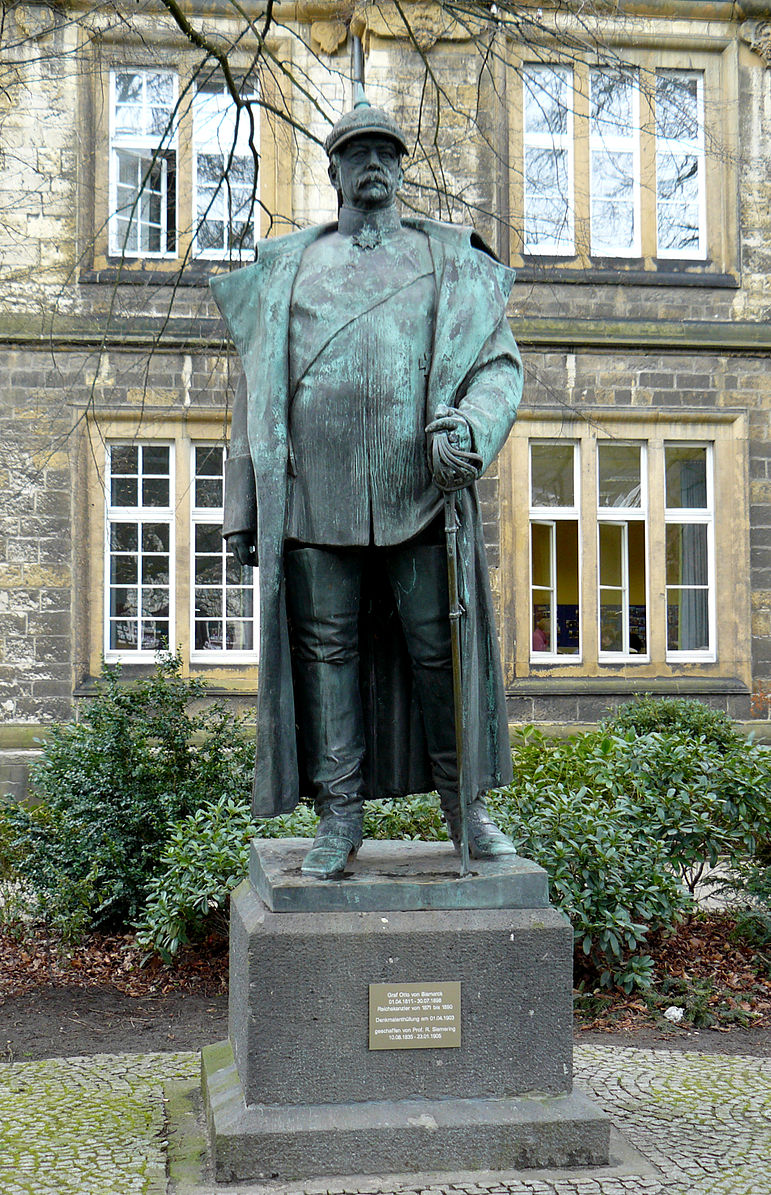
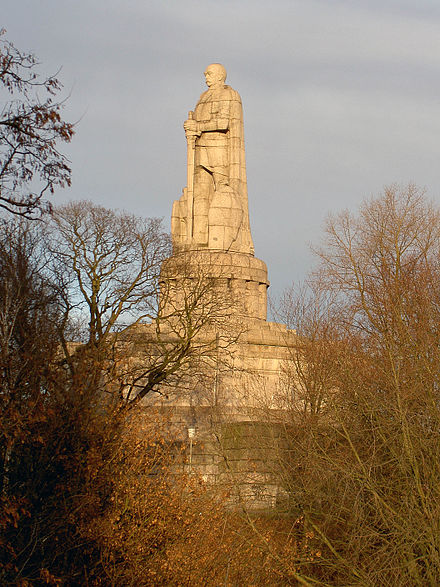

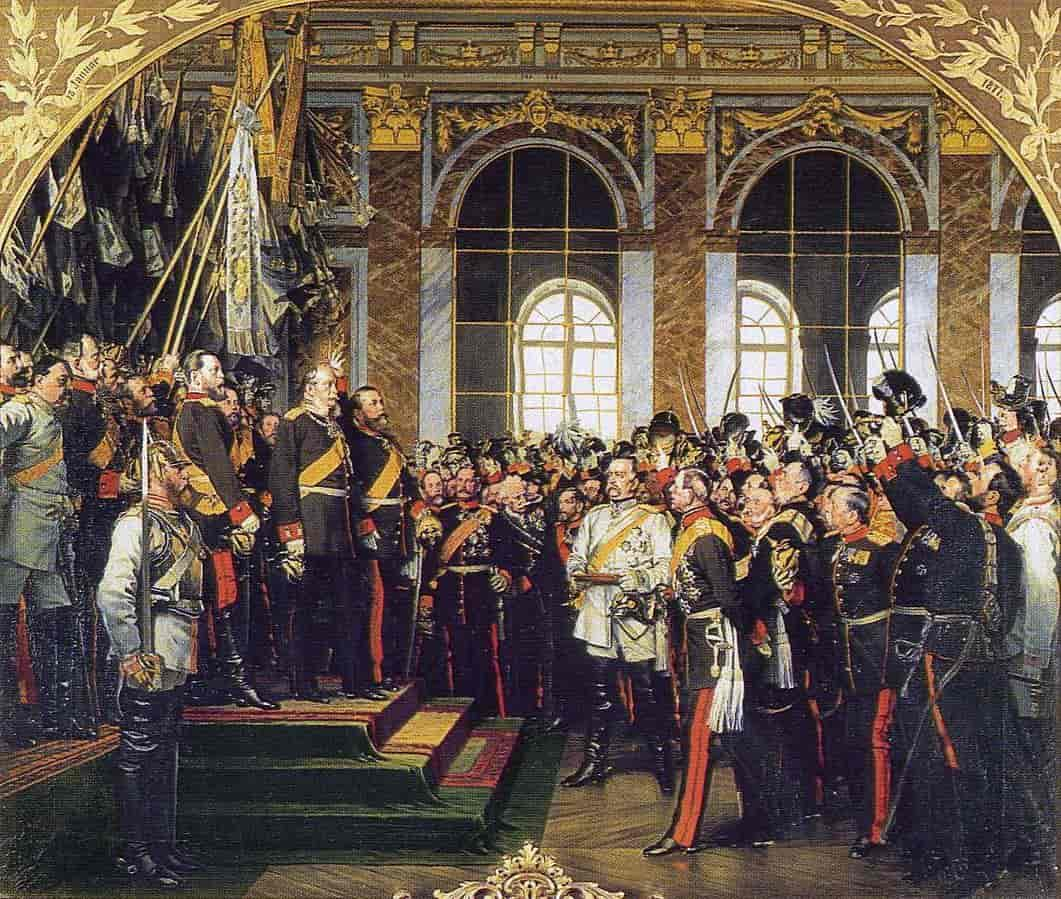
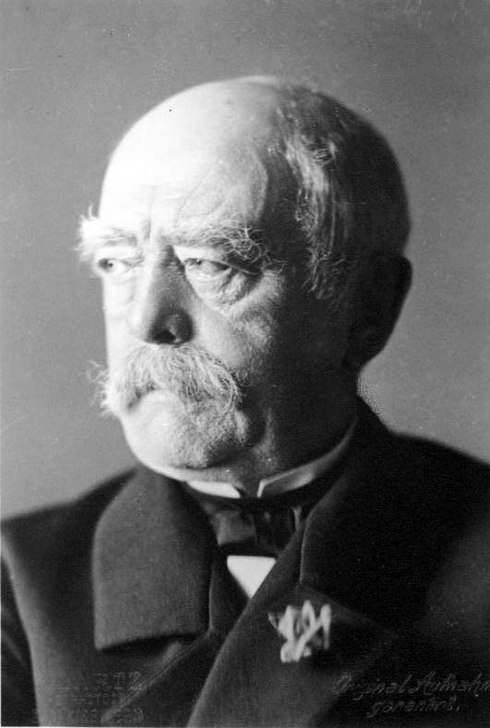
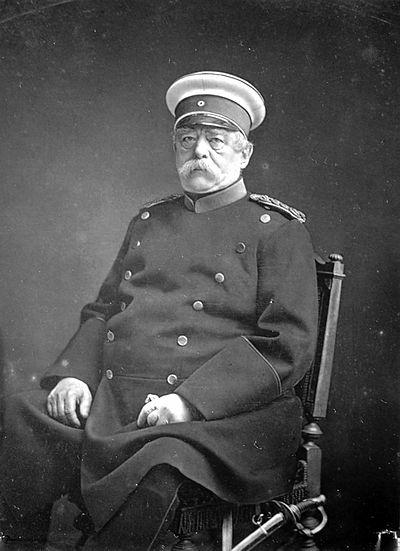
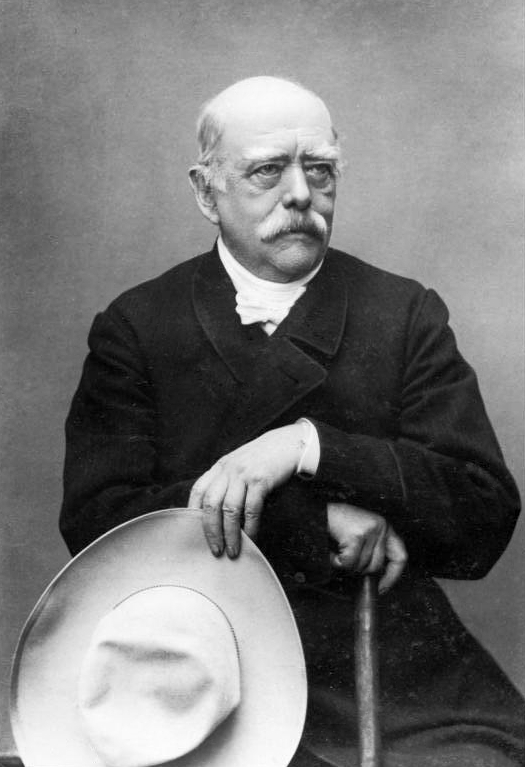

Comments
Links